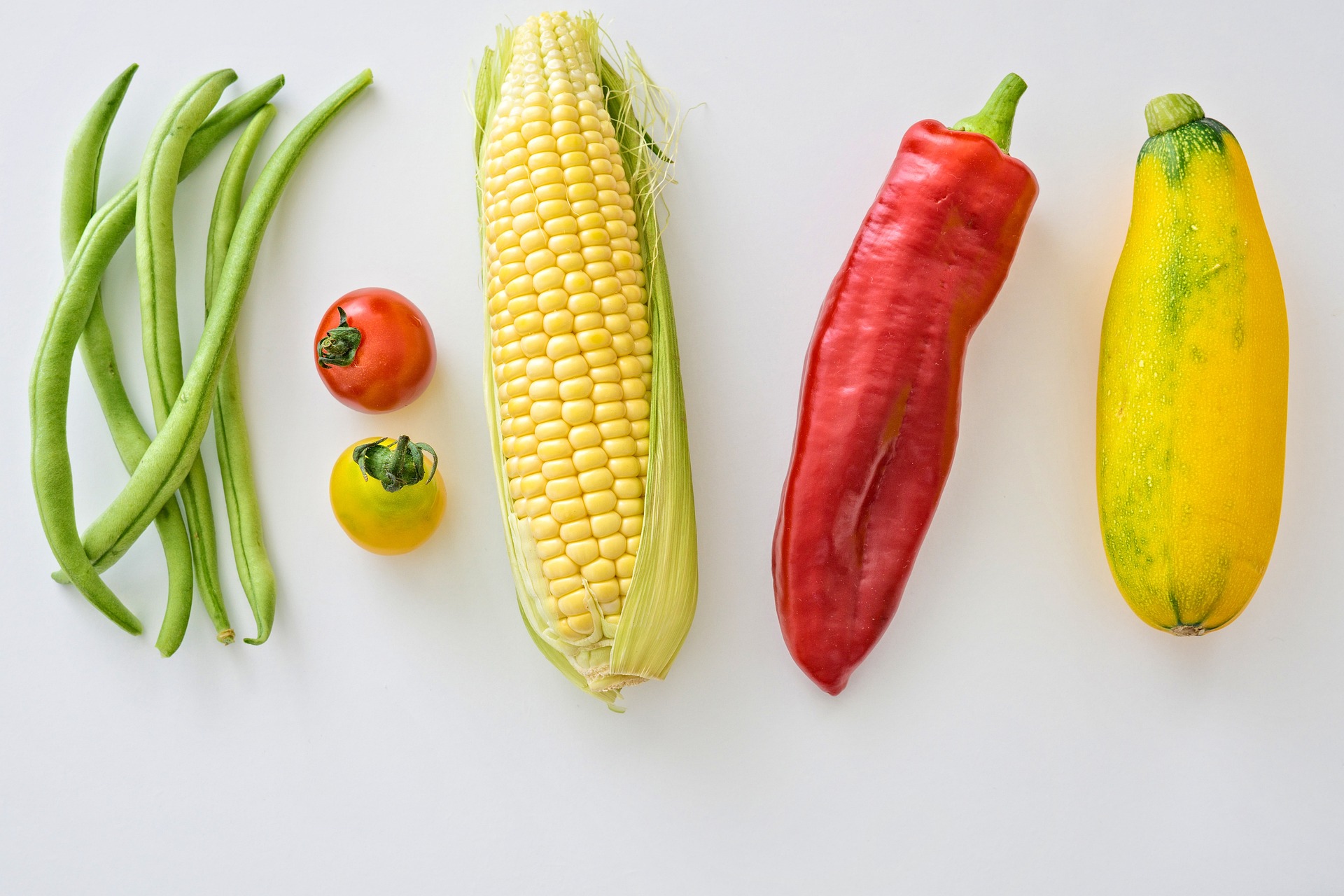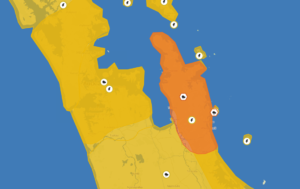A pre-Christmas check on the long term weather forecast indicated that we may experience and increase in precipitation and high temperatures increasing the chances of high humidity for January.
Moisture is a critical component of gardening and levels of humidity have a direct impact on moisture levels in the garden soil. Its about having the right balance, which is often out of our hands.
Maintaining soil moisture is so important to enable a continual and abundant supply of fresh summer vegetables. Considering the ever increasing cost of fresh fruit and vegetables, it makes good sense to increase the size of your garden if possible.
Including a few fruit trees is also worth consideration. Vegetables grow best in a full sun, sheltered position. Our local garden centres will give good advice for the most cost effective methods and your requirements.
Crops for harvest are beetroot, beans, cabbage, carrots, corn, cucumbers, lettuce, zucchini, peas, potatoes, spinach and tomatoes. It is a time of extreme growth so if your harvest is more than you can cope with remember your neighbours, family and friends.
Revitalise plants after their spring growth spurt and keep them looking great through summer by giving them a homemade organic tea break.
You can either make your own – in a large bucket with a lid, add water to chopped seaweed, chopped up comfrey leaves, animal manure, fish guts, compost or a mixture of any of these. Leave 3-4 weeks. Dilute with
water when feeding to plants, don’t make it too rich. Alternatively, you could buy liquid fertiliser from your garden centre.
I have a worm farm, so we collect lots of worm tea which is also a good option.
Keep an eye out for Black Spot – large irregular black spots on leaves.
Rust – brown pustules on the underside of leaves. Powdery Mildew – a white or light grey coating on foliage and stems. Make sure that plants aren’t crowded to ensure they have maximum air circulation.
Always water around the base of the plants to avoid wet foliage and water early morning when possible. If despite your efforts powdery mildew does strike remove diseased foliage or whole plants immediately to help stop the spread. Crop rotation also helps to avoid spreading disease.
In the flower garden keep summer flowering annuals looking beautiful, dead head regularly and provide regular deep watering especially those in pots. Cut back any that have become straggly.
Don’t forget to give your houseplants the attention they need in the hotter months and mist frequently.
Summer is hard for roses as humidity increases. If black spot becomes a problem, spray immediately and continue fortnightly. Dead head and give a light summer prune to encourage more flowering. Keep well-watered and mulched.
Lawns
Water lawns weekly and avoid cutting them too short.
Compost Heap
Turn frequently and keep moist.
Enjoy your garden.
– Ngatea Garden Circle




